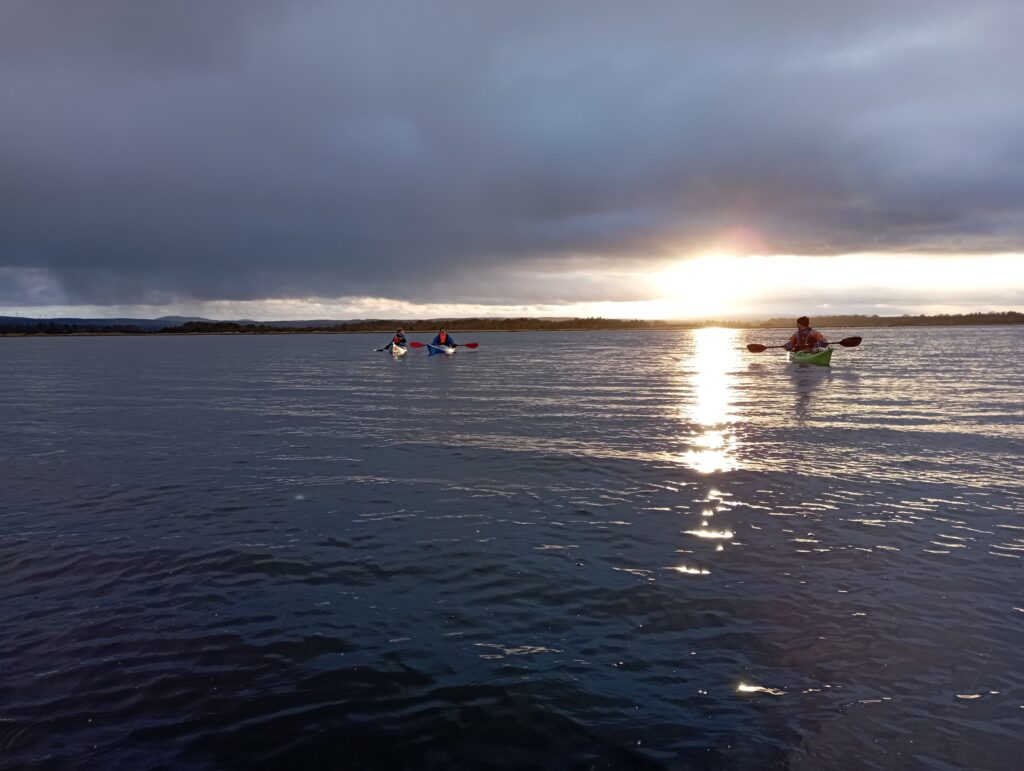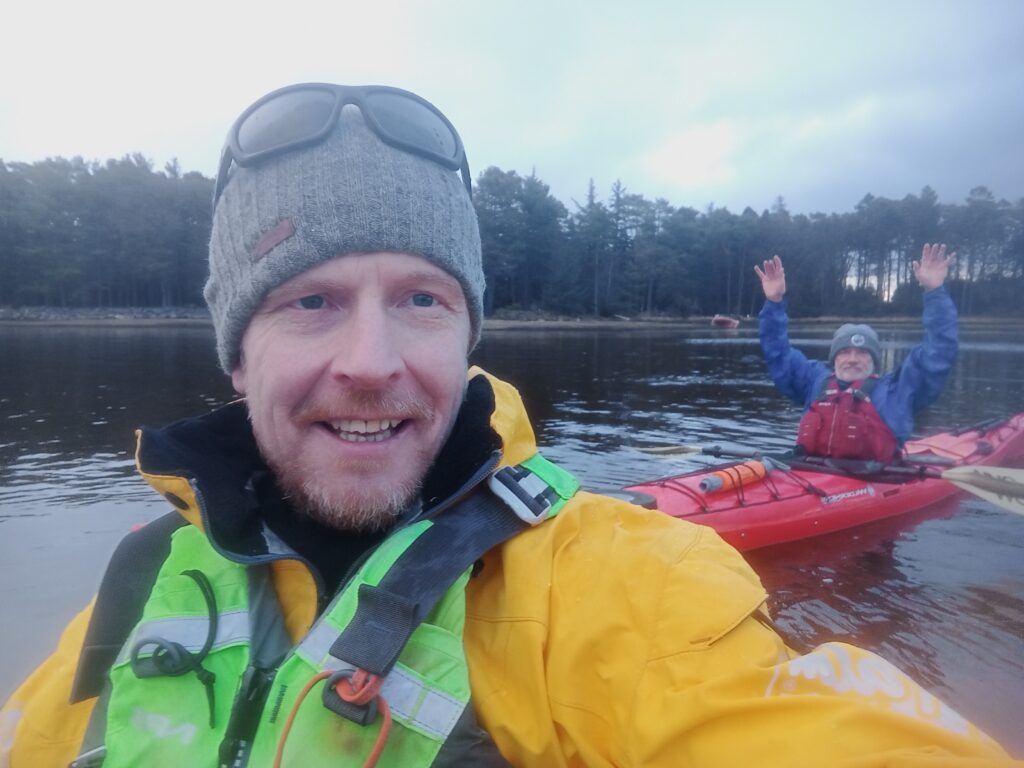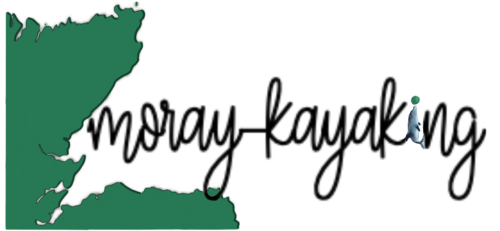
I have just been doing some work on peer support for a communications workshop and it reminded me how much value there is in how this is incorporated into paddling. The incredible impacts of working in peer groups is not just that people will compare and contrast and develop their skills, but that they set themselves up to do a world of good in terms of their mental wellbeing.
For example, if we just consider the advice from the NHS regarding wellbeing we see immediately that paddling in peer groups hits four of the five right way. Connecting with others – tick. Helping others – tick. Learn new skills – tick. Be active – tick.
Then we consider mindfulness.
Whenever I paddle with peers I find that our conversation inevitably turns to the environment and to the sense of peace and tranquility that you enjoy being there. Away from all distractions, connected firmly into your boat, practicing your key fundamental skills to drive your boat through the water to a destination you just know will inspire you to do it all again.
Mindfulness – tick.
What I am working on, though, relates to how we view the world differently and how difficult it is to see it from another’s perspective. When people are struggling, how do you grasp the nature of their problems when you walk in different shoes (or paddle in a different boat)? In my coaching assessment I was pulled up for making it too difficult. It took a moment for me to consider the point as I wondered what was so difficult about the task I had set. Of course, I was failing to consider the student perspective and thinking about the task on my own terms. Rookie error.
When we try to support each other, whether it is as a coach or as a peer, we need to reflect on how differently we experience the world. Our past, our values, our traumas, our hopes and dreams are all different just as our skills may be different. I love that peer groups can go out on the water and that there seems to be no judgement or impatience when someone can’t keep up or needs a rest. The group just adapts and makes the paddle work. So much can be learned from this approach in other situations. Everyone I know in paddling remembers what it was like to start out, they remember their swims in the river, the bruises on their bottoms, the shock of the cold, the frustration at not getting the damn boat to stay in a straight line. No one seems to forget that the challenge is the water, not our peers.
Paddlers are amazing people.


Thanks. As someone very new to paddling I really needed to hear that.
The best thing I did was join Nairn Kayak Club. My mother was diagnosed with Alzheimer’s in 2022, although has had symptoms since 2018 . I live with her and the psychiatrist has told me I am now her carer .
I struggle at times watching my mother disappear in front of me.
Paddling is something I have wanted to do for many years. I was lucky enough to live on the West Coast of Scotland for a while and used to watch with awe as people paddled the coastline.
I am in my 50s and decided if I don’t do it now I will never do it and I know I will regret not giving it a go.
I was starting to feel like I was kidding myself about being able to paddle like I was being a burden to others.
Your blog was just what I needed to read.
Many thanks 🙏
You were right to take it up! I was exactly the same. Nairn is an amazing club so stay with it.